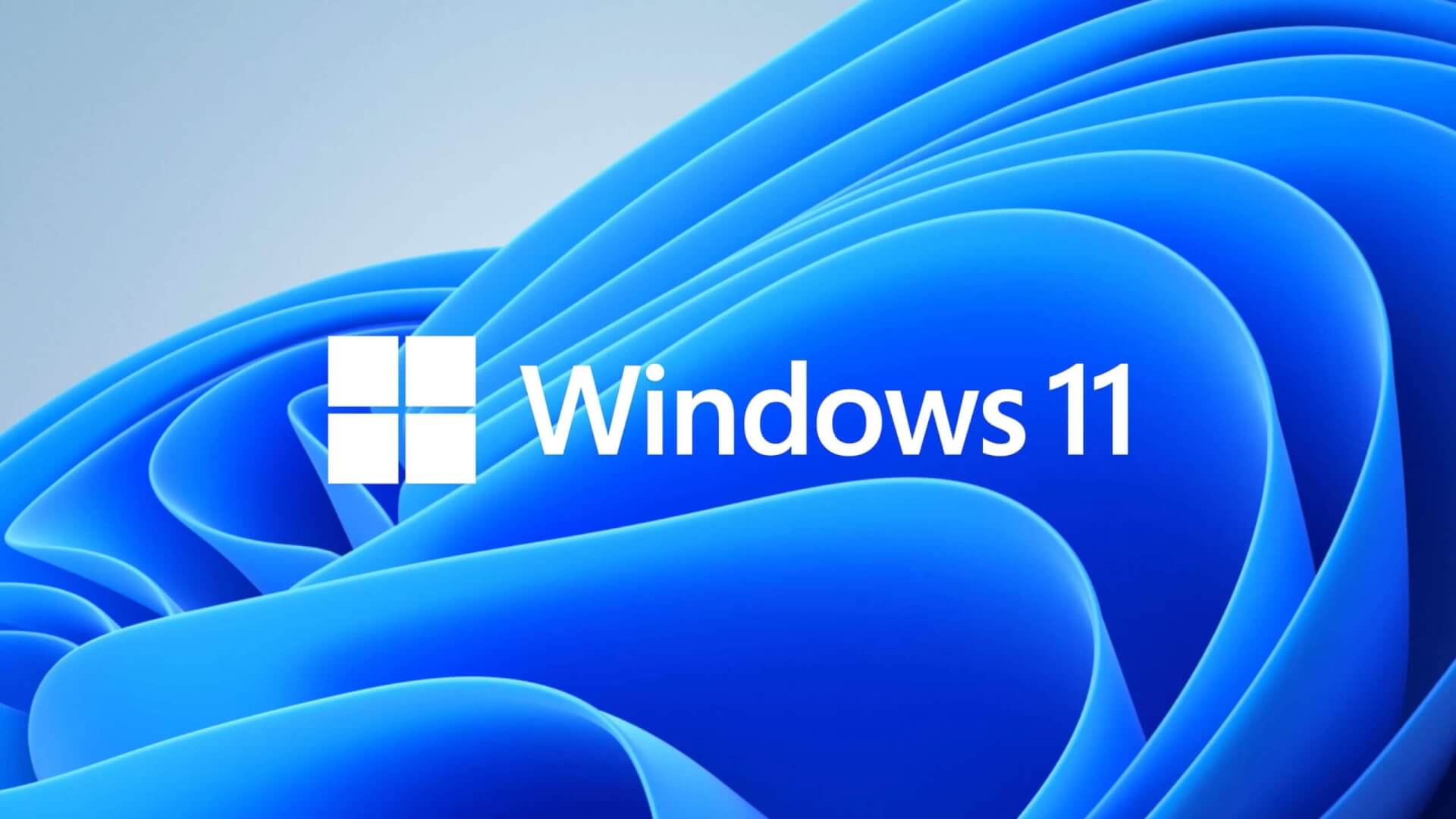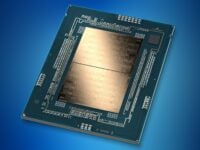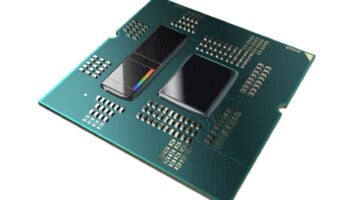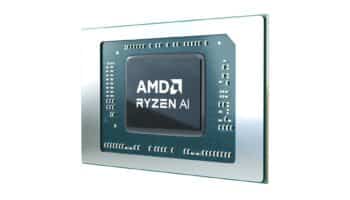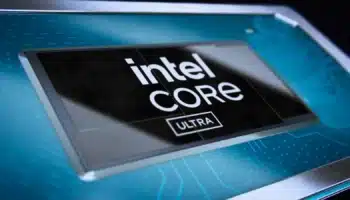Windows 11 is finally available to the general public, and like its predecessor, most users can upgrade without shelling out several hundred bucks for the new OS. Like most new releases, there are still quite a few bugs that need to be ironed out, especially on AMD’s Ryzen processors. Gaming performance is also less than satisfactory while content creation workloads also see a small decline overall.
Regardless, there will be many users wanting to try out Windows 11, and many (if not most) won’t meet the hardware requirements set by Microsoft. Luckily, the software giant isn’t being too strict with its hardware prerequisites and has itself demonstrated how to install its new OS on older hardware. In this post, we highlight the easiest way to install Windows 11 on Intel’s 6th Gen Skylake and AMD’s 1st Gen Ryzen processors:
Method 1: ISO Registry Tweak
- Visit the Windows 11 software download page, select Create tool now and follow the instructions to create a bootable USB or ISO.
- Follow the below instructions to remove the hardware restriction and install the new OS on 1st Gen Ryzen or Intel 6th/7th Gen processors. The TPM 2.0 limitation can also be overridden using this method:
- If you choose to install Windows 11 on a device that does not meet these requirements, and you acknowledge and understand the risks, you can create the following registry key values and bypass the check for TPM 2.0 (at least TPM 1.2 is required) and the CPU family and model.
- Registry Key: HKEY_LOCAL_MACHINE\SYSTEM\Setup\MoSetup
- Name: AllowUpgradesWithUnsupportedTPMOrCPU
- Type: REG_DWORD
- Value: 1
Method 2: Universal MediaCreationTool
The Universal MediaCreationTool wrapper for Windows allows you to skip the TPM check upon booting the installation media device for Windows 11. Furthermore, it also runs a script that prevents the dynamic system-wide check on updates. This has been verified for the insider previews, and may or may not work with the retail version.
It lets you install clean versions of Windows 10 and 11, with or without the OEM customizations. It allows the creation of bootable USBs, ISOs, and Auto Setups for upgrading directly without prompts, or with edition change / intelligent fallback:
configure via set vars, commandline parameters or rename script like
iso 21H2 Pro MediaCreationTool.bat
recommended windows setup options with the least amount of issues on upgrades set via auto.cmd
awesome dialogs with keyboard focus to pick target version and preset action
Auto Setup with detected media without confirmation
– can troubleshoot upgrade failing by addingno_updateto script name
Create ISO with detected media inC:\ESDfolder without confirmation
– can override detected media by adding edition name / language / arch to script name
Create USB with detected media after confirmation
– can click Back and select ISO instead to save in a different path
custom presets above support ‘oem’ media customization, that can be disabled by addingno_oemto script name
– pickup$OEM$folder (if it exists) with any post setup tweaks like$OEM$\$$\Setup\Scripts\setupcomplete.cmd
– writesources\PID.txtfile to preselect edition at media boot or setup within windows (if configured)
– writeauto.cmdfile to re-run auto setup on demand, from media (includes Skip TPM if sources are 11)
– writewinpeshl.inifile in boot.wim to Skip TPM Check on media boot (if sources are 11)
Select in MCT with manual confirmation for everything in MCT GUI
– no ‘oem’ media customization, script passes products.xml configuration and quits without touching media
Skip TPM Check on Dynamic Update v1 (wmi-based) or v2 (ifeo-based) standalone toggle scripts in
MCT\dir
– system-wide, unblocks insider previews on windows update, or running setup.exe manually while online
– when using created media on another pc for the first time, can launchauto.cmdfrom media once to enable
